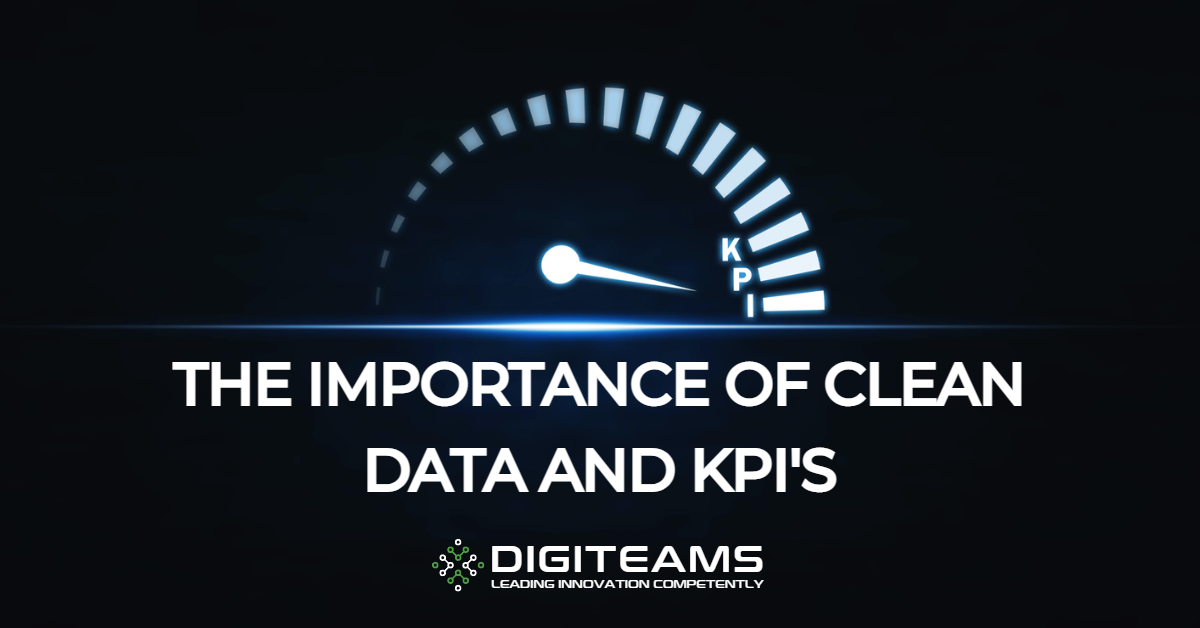In today’s data-driven world, the importance of clean data and Key Performance Indicators (KPIs) cannot be overstated. Without accurate and reliable data, it’s impossible to make informed business decisions. Clean data and KPIs provide insights into the performance of your business, enabling you to make informed decisions based on real-time information. This article will discuss the importance of clean data and KPIs and their impact on business decision-making
What is Clean Data?
Clean data is accurate, consistent, and free from errors. In contrast, dirty data is inaccurate, incomplete, or inconsistent. Dirty data can occur due to human error, system glitches, or outdated technology. Clean data, on the other hand, is free from these issues, ensuring that the data you’re using to make decisions is reliable and trustworthy.
The Importance of Clean Data
The importance of clean data lies in its ability to provide accurate insights into your business’s performance. Clean data ensures that you’re making decisions based on reliable information, which can lead to increased efficiency, productivity, and profitability. Clean data can also help you identify areas for improvement and make data-driven decisions that can drive your business forward.
What are KPIs?
Key Performance Indicators (KPIs) are metrics that help you measure the success of your business. KPIs provide a snapshot of your business’s performance, enabling you to track progress towards specific goals. KPIs can be financial, operational, or customer-focused, depending on your business’s objectives.
The Importance of KPIs
The importance of KPIs lies in their ability to provide measurable results that can inform your business decisions. KPIs allow you to track progress towards specific goals, measure success, and identify areas for improvement. By using KPIs, you can make data-driven decisions that can drive your business forward.
How Clean Data and KPIs Work Together
Clean data and KPIs work together to provide reliable insights into your business’s performance. Clean data ensures that the metrics you’re using to measure success are accurate and reliable, while KPIs provide a snapshot of your business’s performance, enabling you to track progress towards specific goals. By using clean data and KPIs together, you can make informed decisions that can drive your business forward.
How Data Cleansing Improves Dirty Data
-Data cleansing is the process of identifying and correcting inaccurate or inconsistent data in a database or data set. By using various tools and techniques, data cleansing can help improve dirty data by:
Removing duplicate records: Duplicate records can cause confusion and skew data analysis. Data cleansing can identify and remove duplicate records, ensuring that the data set is accurate and consistent.
-Standardising data formats: Inconsistent data formats can make it difficult to analyse data. Data cleansing can standardise data formats, making it easier to compare and analyse data.
-Correcting misspellings and typos: Misspellings and typos can lead to inaccuracies in data analysis. Data cleansing can identify and correct misspellings and typos, ensuring that the data set is accurate and reliable.
-Filling in missing values: Missing values can skew data analysis and lead to inaccurate insights. Data cleansing can fill in missing values using statistical methods, ensuring that the data set is complete and reliable.

